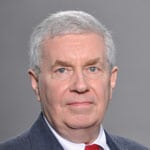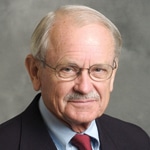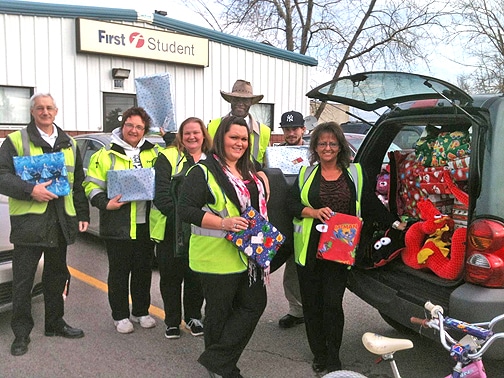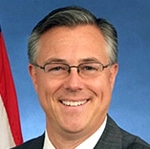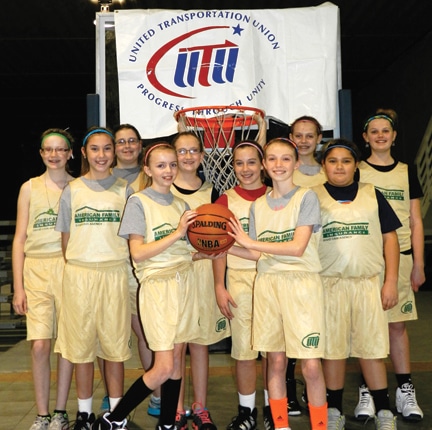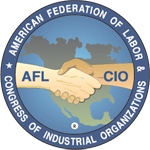
They also meet separately with members of the organization’s Transportation Trades Department to roll out a 2013 transportation investment and jobs agenda, stake out an aggressive stance against irresponsible liberalization of aviation trade and to condemn damaging cuts to transportation programs and jobs that are threatened by sequestration.
“It is the height of irresponsibility for extremists in Congress to use the sequestration battle to tank our economy and use public and private sector working men and women as pawns in their partisan games,” said Edward Wytkind, president of the Transportation Trades Department of the AFL-CIO following the annual winter meeting of its 33-member Executive Committee. “It is time for Congress to end this senseless sequestration stalemate and finally start focusing on an agenda to modernize our failing transportation system and create middle-class jobs.”
The TTD Executive Committee was joined by new House Committee on Transportation and Infrastructure Chairman Bill Shuster (R-Pa.) who said, “I appreciate today’s opportunity to meet with the Transportation Trades Department’s Executive Committee, and look forward to working with them and all parties interested in a stronger transportation network for our nation. By listening to a diverse set of opinions and working together to build consensus, we can improve America’s infrastructure, make us more competitive, and strengthen our economy.”
U.S. Rep. Tim Bishop (D-N.Y.), ranking minority member of the Transportation and Infrastructure Water Resources Subcommittee, also joined the meeting and said, “Investments in infrastructure put skilled laborers to work now and lay the foundation for a growing economy in the future. I am proud to partner with TTD in advocating for a 21st Century American transportation network and fighting back against destructive budget cuts like sequestration that will undermine vital programs. I am also proud of my work with TTD to extend [Family and Medical Leave Act] protections to airline flight crews, protect fair wages for transportation workers, and ensure our roads, rails, transit operations, ports and aviation system are safe and well funded for the future.”
The Executive Committee also heard from U.S. Department of Transportation Undersecretary for Policy Polly Trottenberg, who said, “Transportation workers are our partners in safety, who build, operate and maintain the roads, rails and runways that every American depends on. The Obama Administration will continue investing in good transportation projects that keep our economy and the traveling public moving forward.”
The Executive Committee adopted several policy statements during the meeting that offer detailed, substantive policy prescriptions on behalf of the workers who operate, maintain and build the world’s largest transportation network.
On the eve of possible federal spending cuts due to sequestration, the Executive Committee condemned threatened draconian cuts to vital transportation programs that form the backbone of our system of commerce. The “ravages of sequestration,” they said, must be avoided and federal workers “should not be made scapegoats” in this dangerous political game. To end the stalemate on long-term investments in public transit and highways, transportation unions offer a bipartisan solution to the “broken and outdated funding system,” noting that the purchasing power of these funds has fallen 33 percent in two decades.
TTD affiliates support an increase in the gas tax indexed to inflation, as well as possibly replacing the current excise tax with a sales tax.
On the globalization of aviation, TTD opposes the European Union’s push to hollow out U.S. airline ownership and control laws, and impose its heavy-handed agenda in talks with the U.S. and in the upcoming meeting of the International Civil Aviation Organization.
As for a long-term plan for Amtrak, TTD laments, “Too many politicians fail to understand the enormous economic benefits of modernizing passenger and freight rail.” Transportation unions will push for a long-term funding plan for Amtrak and oppose “risky” privatization schemes.
Transportation union leaders also vow to preserve a strong maritime industry. TTD unions sharply criticize congressional action to weaken cargo preference laws that ensure most federal government-generated cargo travels on U.S.-flagged ships crewed by U.S. maritime workers.
TTD affiliates will also join the battle to stop the use of “our own transportation system” as a “haven for predatory criminals” that engage in human trafficking.
The affiliates of TTD also pledge their support for the United Mine Workers of America (UMWA) campaign against the sinister efforts of Patriot Coal, Peabody Energy and Arch Coal to exploit our bankruptcy code at the expense of “hard-working mine workers, retirees, and their families.”
 ORLANDO, Fla. – As lawmakers prepare to debate passenger rail reauthorization, leaders of AFL-CIO transportation unions are calling on Congress to set a long-term future for Amtrak that meets the demands of a growing ridership, invests in the railroad’s decaying equipment and network, protects the rights and jobs of workers and rejects “risky” privatization of key routes and services.
ORLANDO, Fla. – As lawmakers prepare to debate passenger rail reauthorization, leaders of AFL-CIO transportation unions are calling on Congress to set a long-term future for Amtrak that meets the demands of a growing ridership, invests in the railroad’s decaying equipment and network, protects the rights and jobs of workers and rejects “risky” privatization of key routes and services.
 The Federal Railroad Administration has issued a new report on the status of fatigue among railroad industry employees.
The Federal Railroad Administration has issued a new report on the status of fatigue among railroad industry employees.